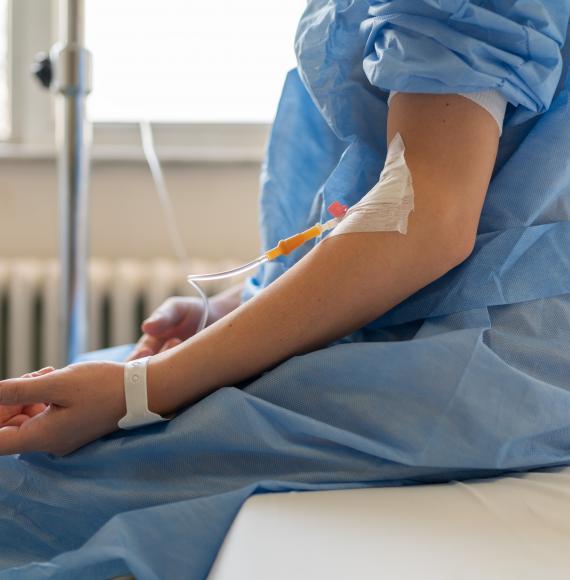The National Institute for Health and Care Excellence (NICE) has recommended wider treatment options for menopause in new draft guidance today.
Cognitive behavioural therapy has been recommended for NHS use after evidence showed it can help reduce menopause symptoms relating to depression, hot flushes and trouble sleeping.
The frequency and severity of hot flushes and night sweats were reduced by the therapy, according to NICE – as was how long it takes to fall asleep and the amount of time before waking.
Cognitive behavioural therapy should now be considered alongside, or as an alternative to, hormone replacement therapy (HRT).
The guidelines highlight the importance of ensuring patients know HRT is unlikely to increase or decrease their overall life expectancy, despite some evidence showing links to cancer, dementia and stroke.
While evidence exists in the early menopause age group (40-44) about breast cancer, for example, there is a lack of evidence on how taking HRT, or not taking HRT, impacts general health outcomes. NICE has therefore recommended that more research be carried out in this area.
NICE’s chief medical officer, Professor Jonathan Benger, said: “The impact of menopause symptoms on quality of life can vary hugely. It is important that healthcare practitioners take a personalised approach when discussing treatments, using evidence-based information tailored to individuals’ circumstances.”
He continued: “Today’s draft guideline recommends more treatment options for managing menopause symptoms as well as enabling a wider understanding of the risks and benefits of HRT so anyone going through menopause can choose the best care to suit them.”
The draft menopause guideline is open for public consultation until 5 January 2024.
Image credit: iStock



















